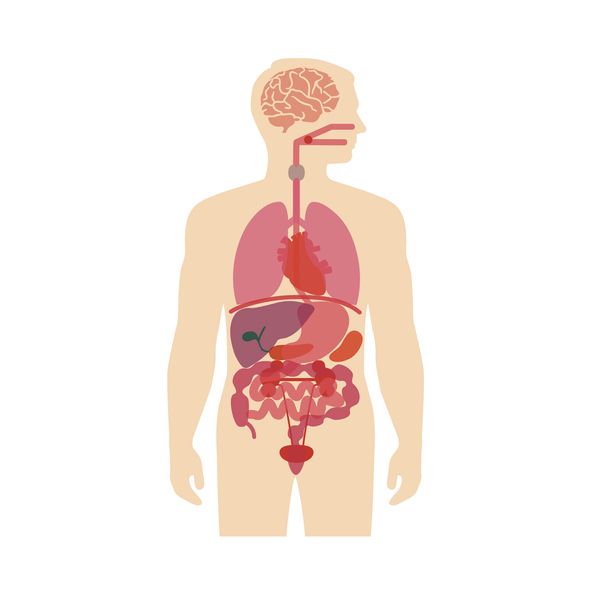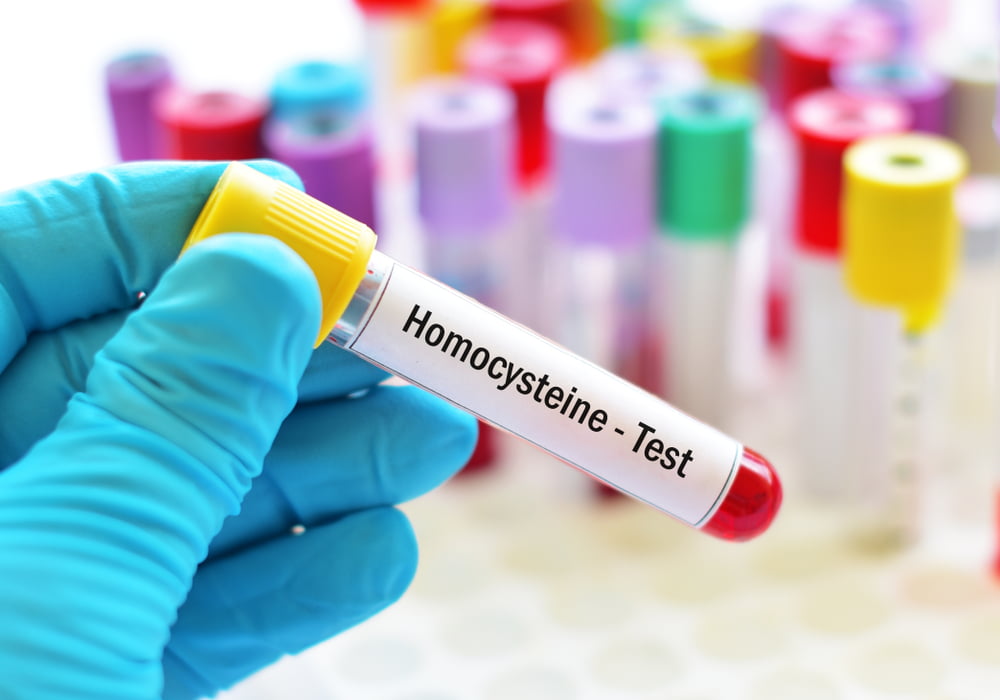Researchers at Stanford University have developed a method to calculate the biological age of 11 body districts. This metabolomic clock could predict the development of dysfunction even before symptoms occur


Researchers at Stanford University have developed a method to calculate the biological age of 11 body districts. This metabolomic clock could predict the development of dysfunction even before symptoms occur

What is age-related frailty? And how does it show up in the two sexes? And is it possible to prevent it? Francesca Baglio, a neurologist at the IRCCS Fondazione Don Carlo Gnocchi ONLUS in Milan and a member of the SoLongevity scientific committee, tells us.

Flavia Franconi has lived several lives. A graduate in Psychiatry, she taught Pharmacology at the University of Sassari. She then served as Health Councillor of Basilicata. But women’s health has always been at the center of her interests. Indeed, she is the “noble mother” of sex-gender medicine in Italy, and today she is also at the center of an international network as chair of the Women20 Health Commission. We asked her to tell us about the differences between the sexes when it comes to aging.

Aging is a physiological process whereby the various functions of a certain organism tend to progressively deteriorate over time. Although you cannot stop the hands of the clock, there are several steps you can take to ensure that you age as healthily as possible. Let’s see which ones

Excess homocysteine poses a health risk to the cardio- and cerebrovascular system because it stimulates the development of atherosclerosis, increasing the likelihood of stroke and heart attack. If action is taken early, by changing dietary habits and through supplements, levels can be normalized. With a double advantage

There are several methods for measuring oxidative stress. Knowing one’s “level” of oxidative stress can be useful in a preventive and healthy aging perspective

Telomere length is considered one of the hallmarks of aging, but new research is revealing that their “measurement” seems to be indicative more of health status than biological age. As Valentina Bollati, associate professor in the Department of Clinical and Community Sciences and the Epiget Lab at Milan State University, explains.

The biological age of an organism is a significant indicator of health status and susceptibility to illness. Individual organs and tissues may undergo different aging processes, but the real challenge is to define a biological clock that applies to the whole organism, and that translates into parameters that are easy to monitor and act upon.

Certain epigenetic mechanisms underlie the aging processes in many mammalian species, including humans. This is the basis of the watch of Steve Horvath, a pioneer in biological age research

Measuring one’s state of health against an ideal aging process allows us to understand how well we are able to preserve our physical and mental performance and how exposed we are to future risks of chronic diseases

When it comes to cardiovascular disease, the age of our immune system matters more than age. Today, the iAge “inflammatory clock” allows us to estimate it. How does it work?

The age, which depends on the date of birth, does not necessarily coincide with the real ageing of our organism, i.e. the biological age. Which can be measured with the Biological Age Score, slow it down and sometimes take it back, without resorting to drugs.